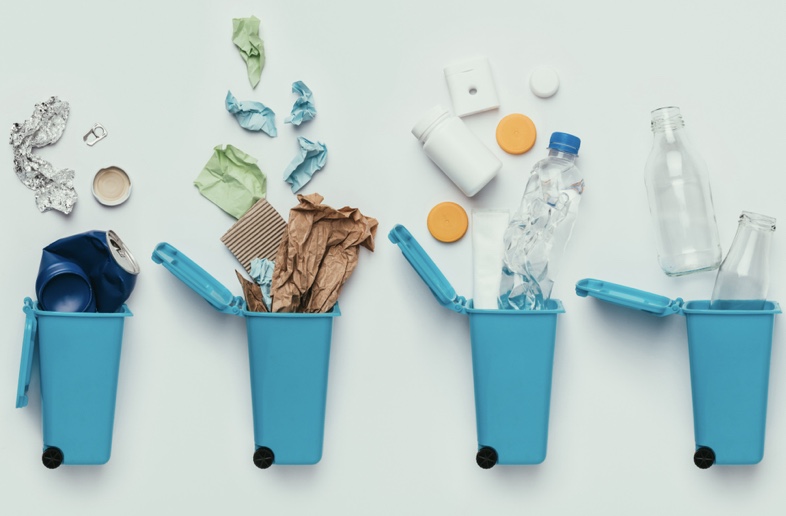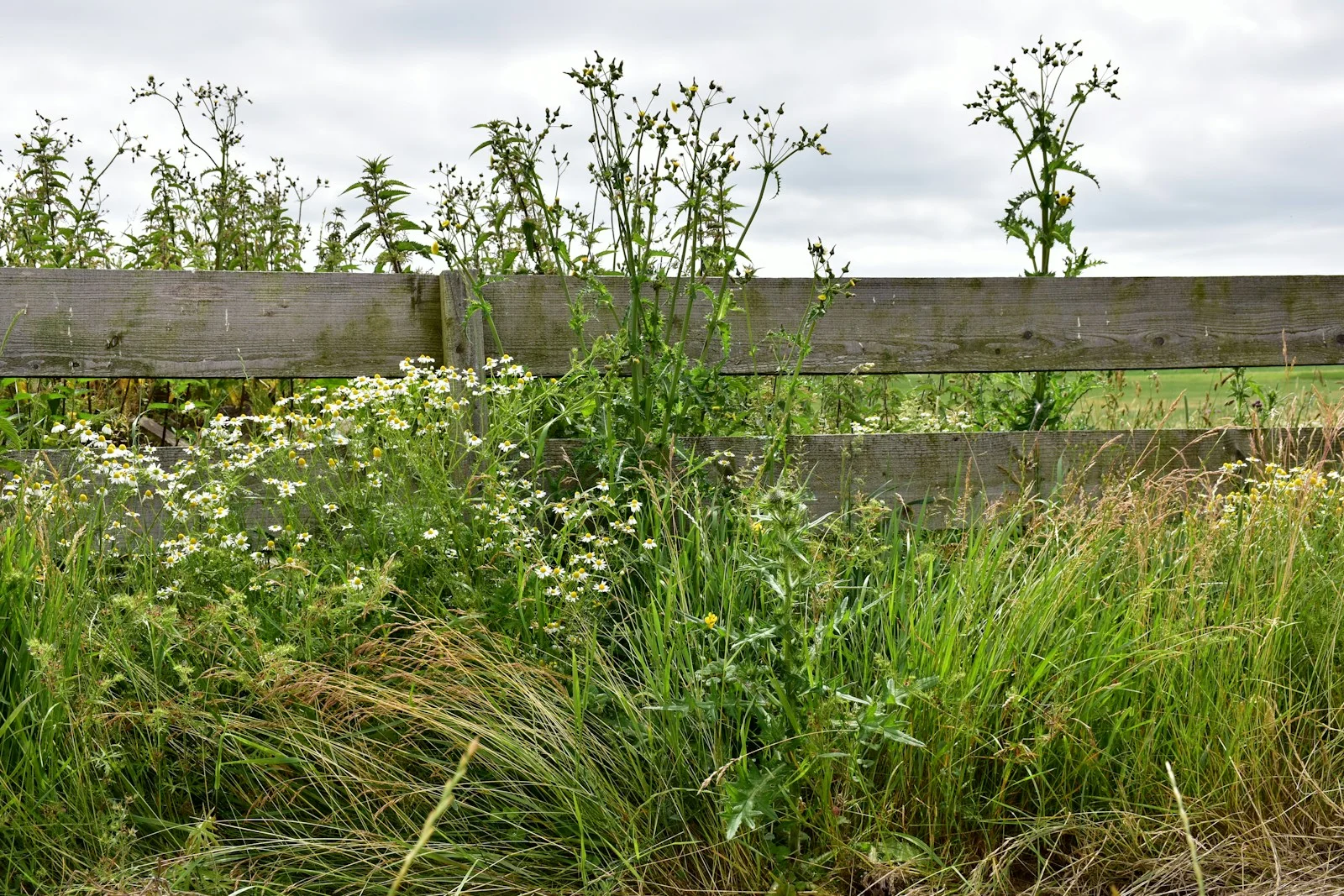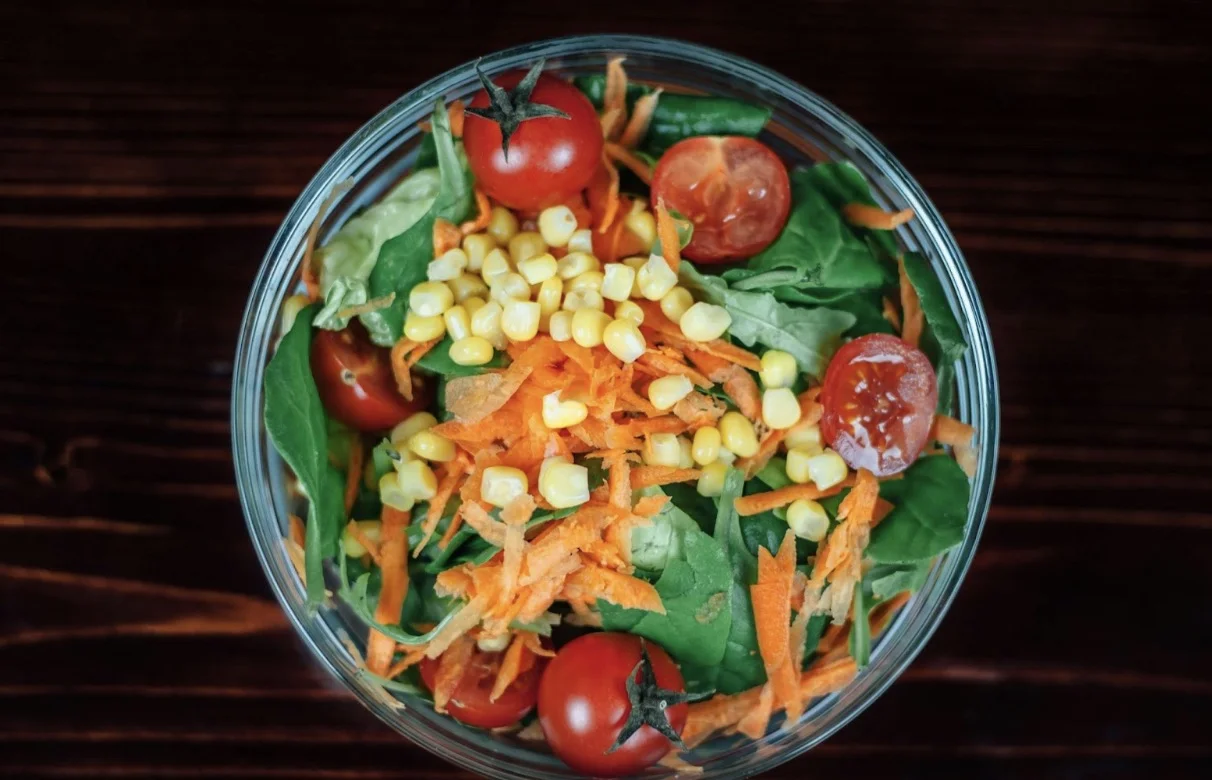We do so many things to make our households safe and healthy, from using air purifiers to stocking the fridge with fresh, unprocessed foods. But on the quest for a healthier home, there’s one obvious thing you may be missing: excessive plastic. You already know that plastic is bad for planet Earth. It’s slow to degrade — like 500 years slow — and is winding up in our oceans, harming plants and animals. And yet, with plastic prevailing as one of the most ubiquitous materials out there, it feels impossible to eliminate.
Indeed, going zero-plastic is probably not realistic. But there are plenty of things you can do to lessen your plastic consumption. In this guide, we’ll cover a few key basics on how plastic is impacting human health — and why you should use less of it as a result — and provide you with some quick and easy tips for how to reduce plastic use in your home.
What’s So Bad About Plastic?
As we already mentioned, plastic is a big hazard to our planet’s natural environments, especially the oceans and waterways where plastic waste tends to wind up indefinitely. But what about human health? Does it pose a risk? Unfortunately, the answer is most likely yes.
Plastic Contains Harmful Chemicals
In part, this is because plastic can leach harmful chemicals into our food and drinks. The plastic containers used to store food and beverages are made with polycarbonate plastics, which often contain bioactive chemicals like bisphenol A (BPA) and phthalates. Heating up food containers in the microwave or letting your bottled water sit out in the sun can increase the release of these chemicals into our food and drink.
So what’s so bad about these chemicals, anyway? According to Harvard Health, some of them have been linked to serious health problems, such as reduced fertility and obesity. BPA in particular is an endocrine disruptor, which means it can interfere with our body’s natural production of hormones and behave in similar ways to estrogen and other hormones. Plastic packaging also tends to contain phthalates, which have been linked to asthma, breast cancer, diabetes, behavioral issues and more.
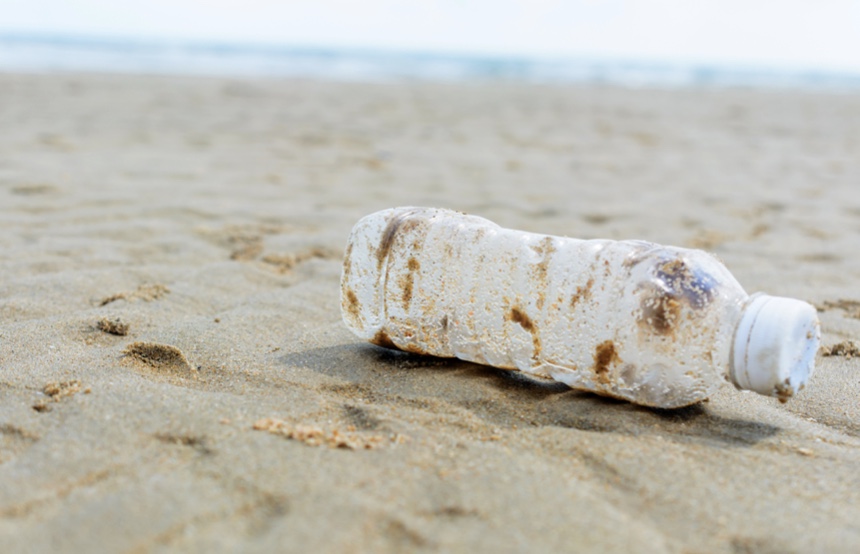
Source: Kom Satachandana/Shutterstock.com
Plastic = Pollution
On top of the direct correlation between plastic use and health issues, there are some other ways the overconsumption of plastic can impact human health. The stuff has such a long lifecycle that it ends up stuck in our waterways and landfills, potentially leaching harmful chemicals into our environment. They may wind up in our soil — and, in turn, our food — as well as the water we drink and the air we breathe.
And then there’s the issue of plastic production. The process of making plastic in and of itself has a serious environmental impact. Most plastics are made from fossil fuels such as natural gas and oil, which as we all know can release toxic emissions and carbon gases into the environment, contributing to poor air quality which can lead to respiratory issues like aggravated cardiovascular and respiratory illnesses.
How to Reduce Plastic Use
So now that we know plastic is probably not the best choice for our households, how do we go about reducing our consumption of the stuff? It’s everywhere and in everything. Actually, there are some simple things you can do to rid your home of plastic.
- Purge the shower and bath, replacing bottled products with plastic-free shampoo and bar soap. Choose a shampoo bar packaged in non-plastic, 100 percent recyclable materials.
- Switch to glass food storage containers. Glass is an age-old material that lasts longer than those flimsy plastic food storage containers you get at the grocery store. Bonus: It won’t leach chemicals into your food.
- Go with concentrated cleaners. These days, you can find concentrated versions of all your favorite household cleaners and even laundry detergent. Going concentrated helps stretch the product itself while also eliminating the amount of plastic packaging needed.
- Keep a few reusable grocery bags in the car or invest in a collapsible tote bag you can keep in your luggage or purse in case you decide to stop in and grab some groceries on a whim.
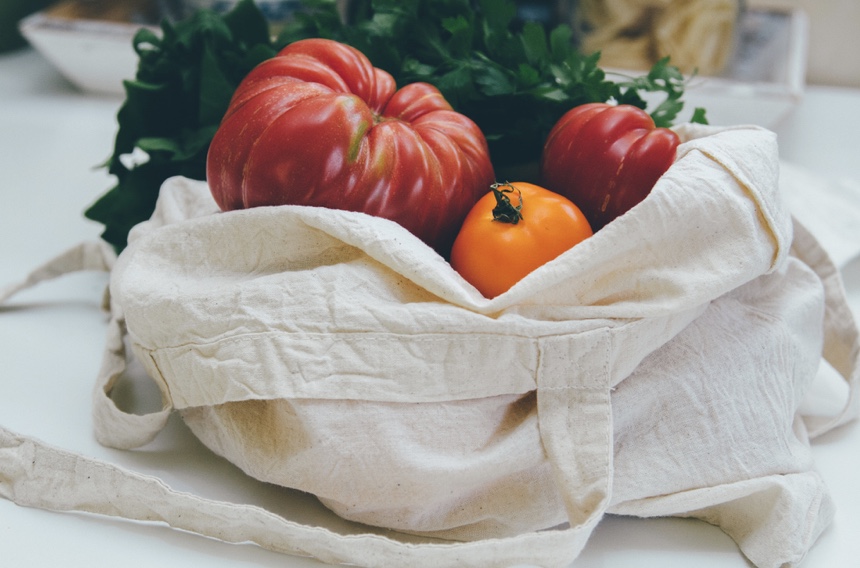
Source: Rin-rin/Shutterstock.com
- Use reusable food storage bags. Did you know they make long-lasting, BPA-free reusable storage bags so you can still pack the perfect lunches without the wasteful little baggies?
- Swap your plastic dish brush for a wooden one. A wooden dish brush made with natural fibers instead of plastic is safer for your family and the environment. Plus, materials such as bamboo and natural bristles are often compostable, so they go straight back to the Earth.
- Grow your own fruits, veggies and herbs. A few pots of herbs on the countertop or a backyard veggie garden can help your family rely much less on store-bought food and the plastics they come in.
- Do your research and get a good reusable water bottle. Having a go-to reusable H2O vessel on hand is an easy way to ensure that you’re not tempted by plastic bottled water. Make sure to keep one in your car, purse or backpack so you have one on the go while you’re out.
- Skip the plastic straws and drink lids. If you’re a straw person, that doesn’t mean you have to forgo straws altogether! Opt for a reusable, easy-to-clean stainless steel straw or paper. When dining out, forgo the plastic drink topper as well.
Every Little Bit Helps
When it comes to eliminating waste and improving the health of your family, it’s important to remember that every little bit helps. Being conscious of what’s in the things we bring into our homes — and how they affect our health and the world around us — is the first step to building a happy, healthy household. You’ve already taken that important first step, so good for you!

